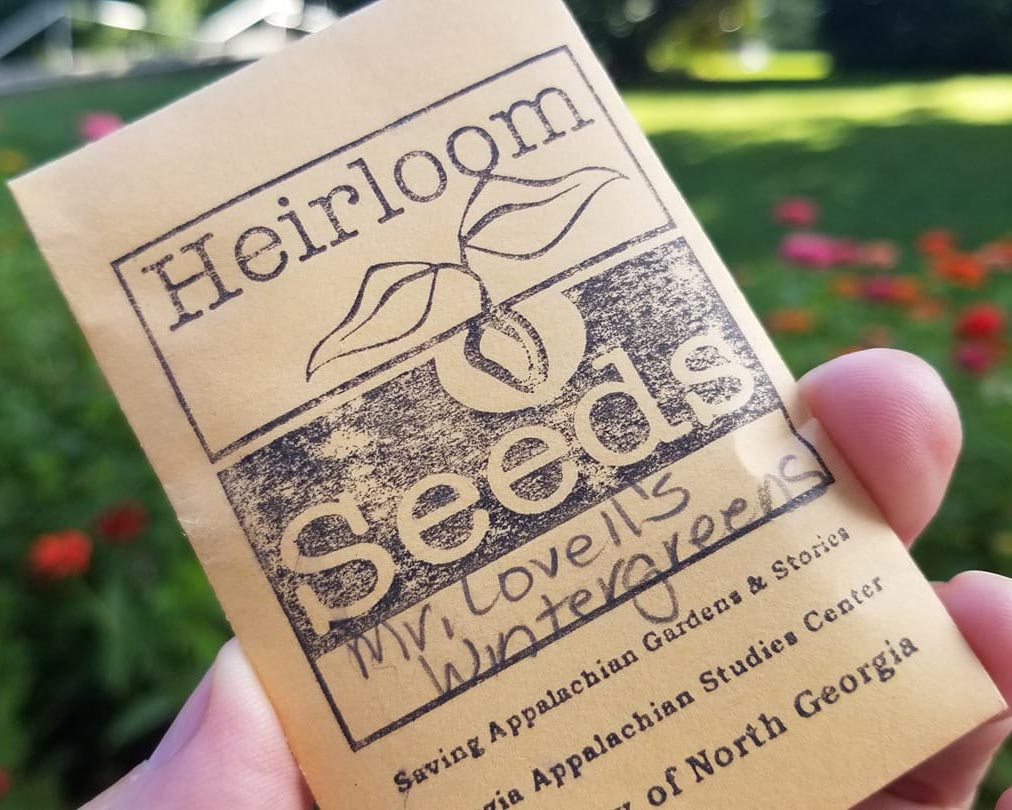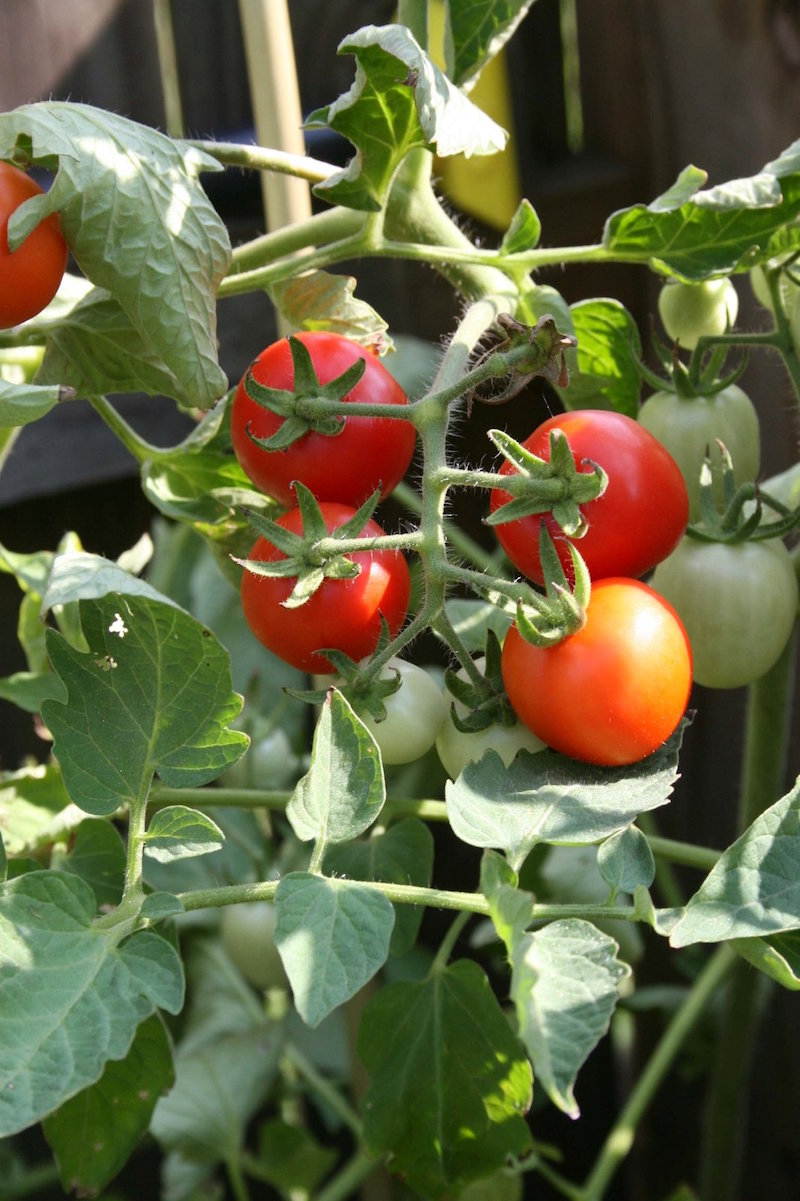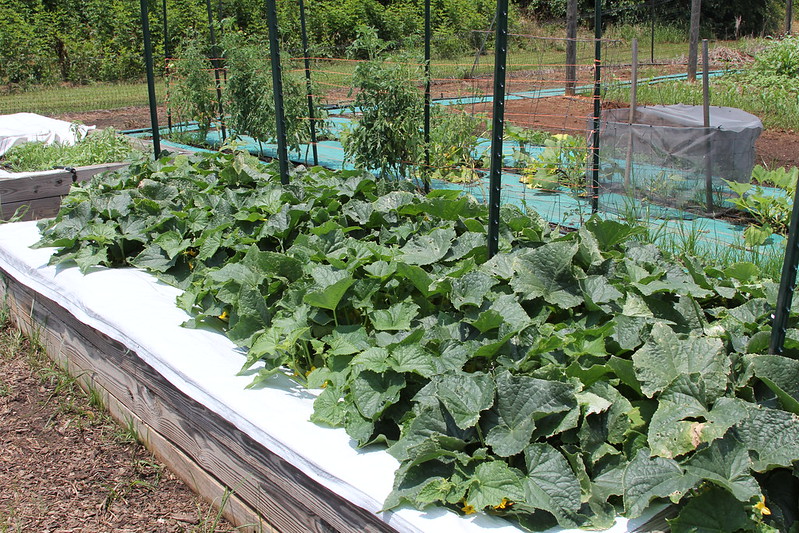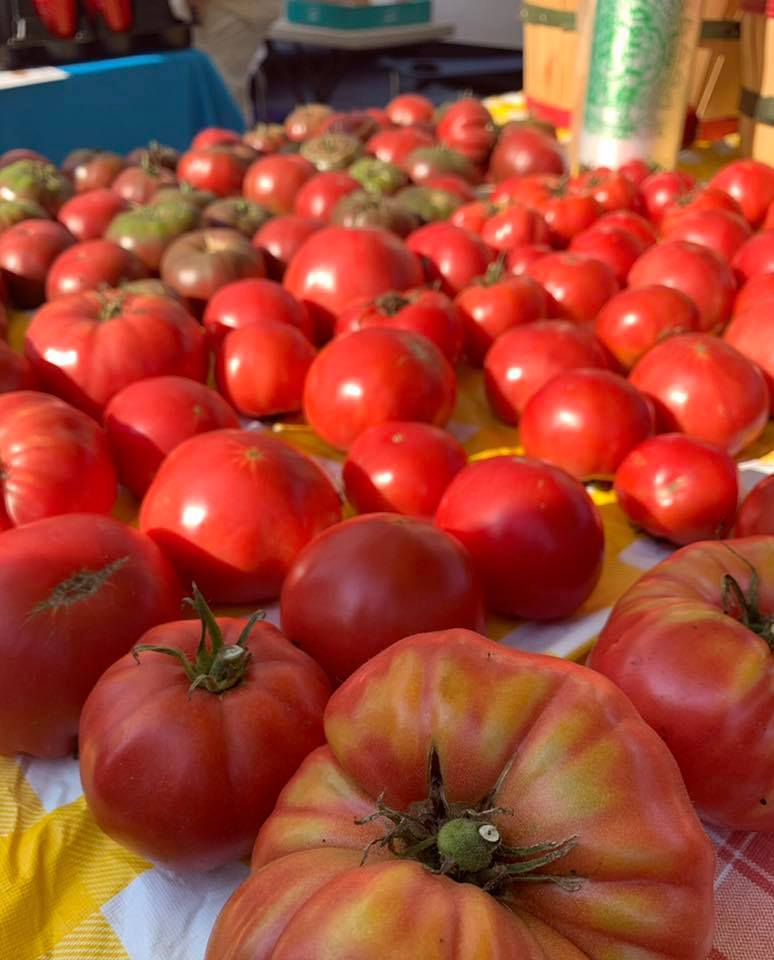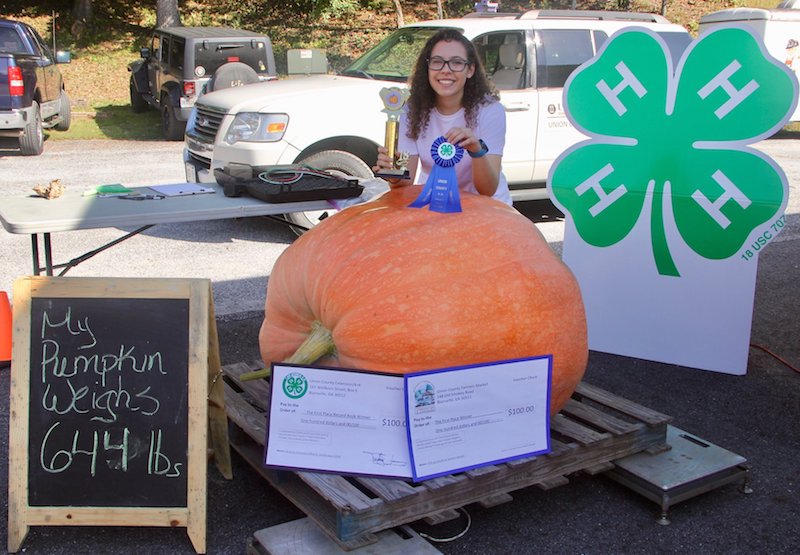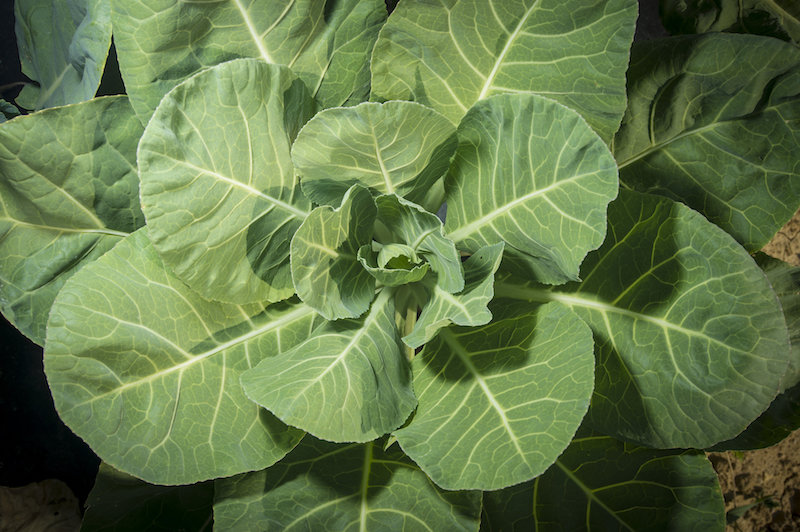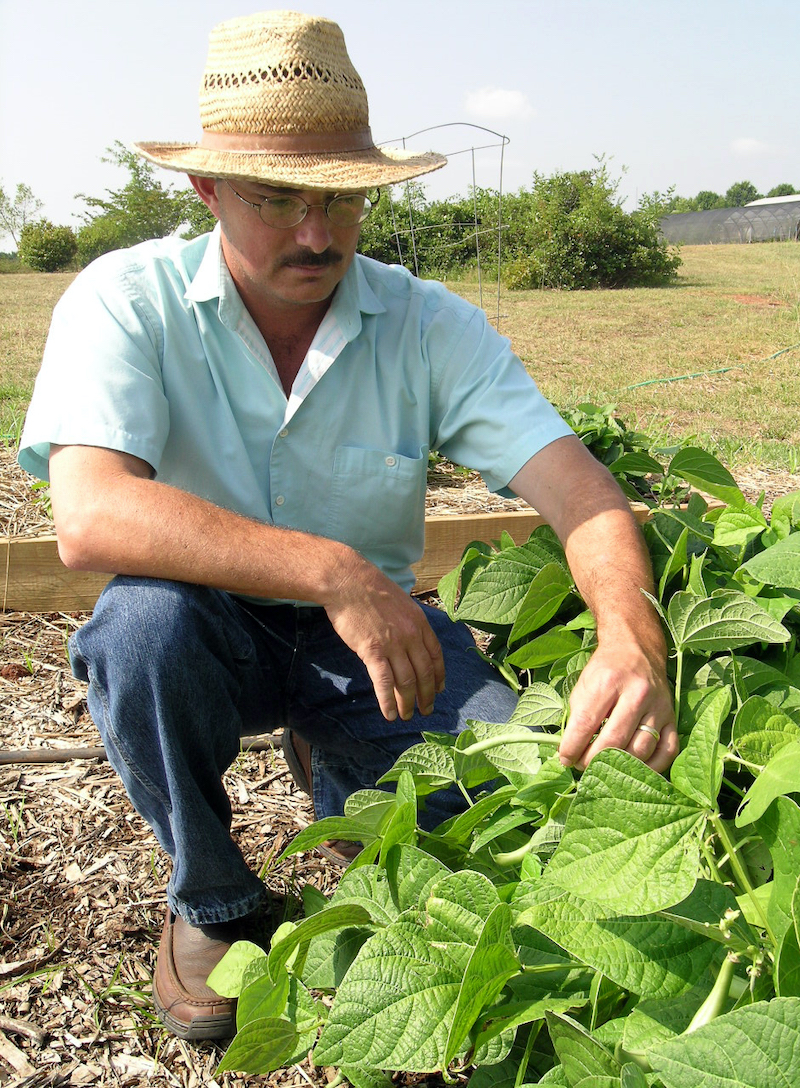 CAES News
CAES News
Spring Vegetable Gardening
To call this past spring in Georgia normal would be a mischaracterization. Typical springs in Georgia seem to last about three days — and then we hit the hot weather. This spring, the cooler temperatures were most pleasant and hung on through the middle of May. Rainfall has also been feast or famine, and wind patterns have been higher than normal. Together, these conditions have made for a challenging time in the vegetable garden.

